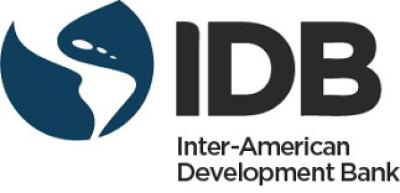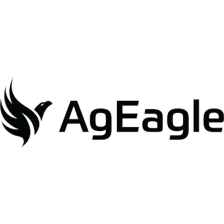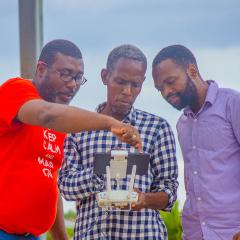
The Power of Local
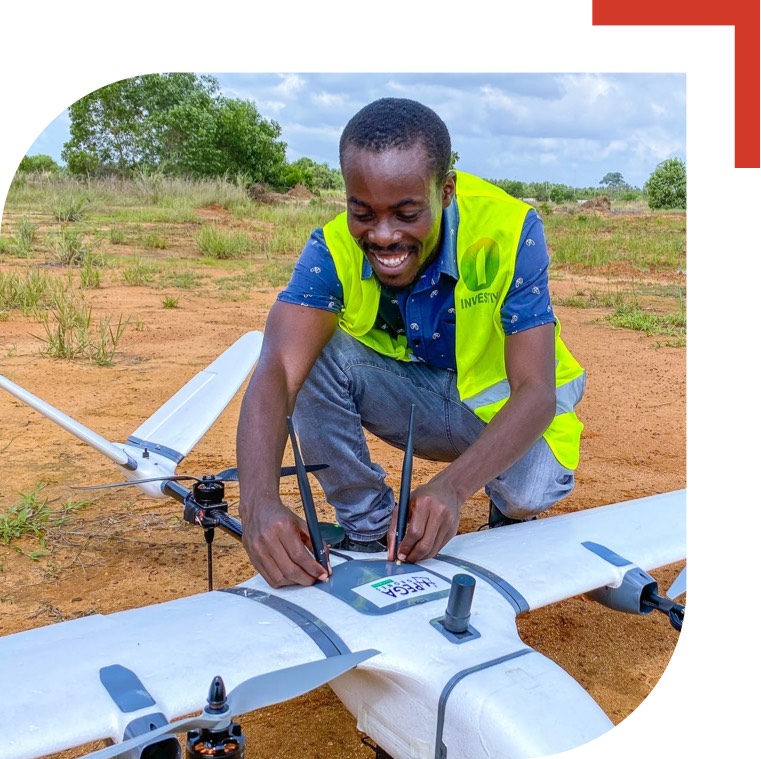
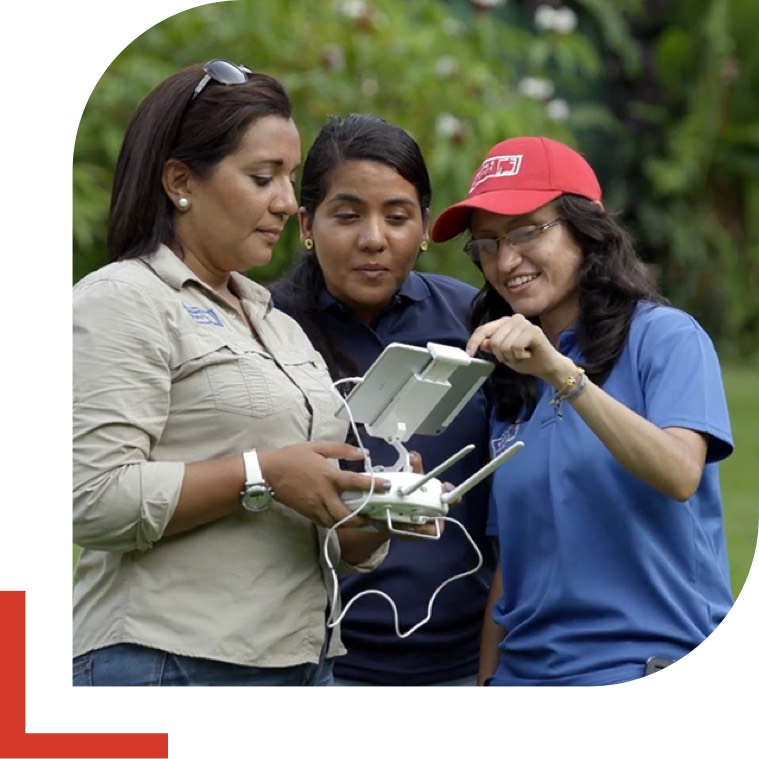
We amplify the power of local expertise to multiply sustainable solutions for development, aid and climate, driven by local actors and supported by appropriate robotics technologies.
Our Work

WeRobotics supports and connects local experts in drone, data and AI technologies.
By doing so, we are co-creating a proven and replicable model to successfully localize and shift power at a grassroots level.

Local Experts
We provide local experts in Africa, Latin America and Asia/Pacific with a platform, skills, frameworks, technologies and opportunities to lead and contribute to local solutions. Learn More
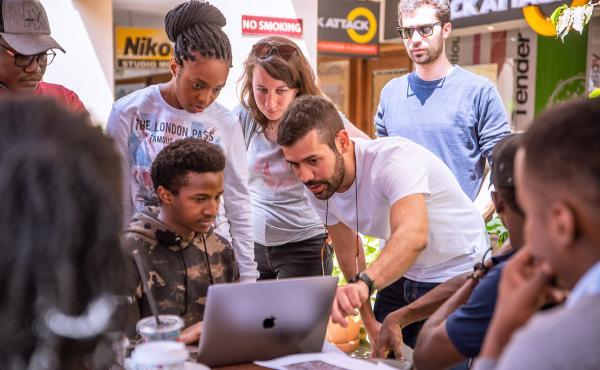
Global Connection
We facilitate connections, collaboration, learning and knowledge sharing between local experts, global organizations and industries. Learn More
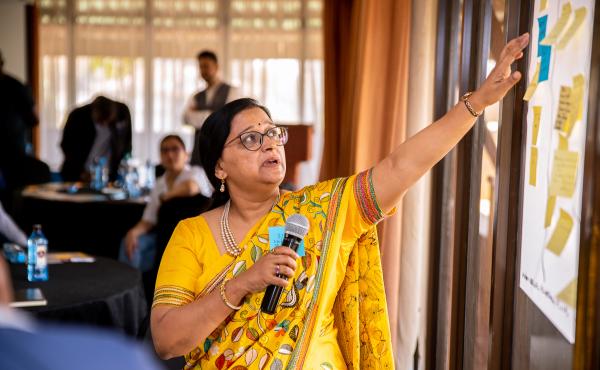
Systems Innovation
We advocate for localization models, systems innovation and policies that support the responsible and sustainable use of technology in the hands of local leaders. Learn More
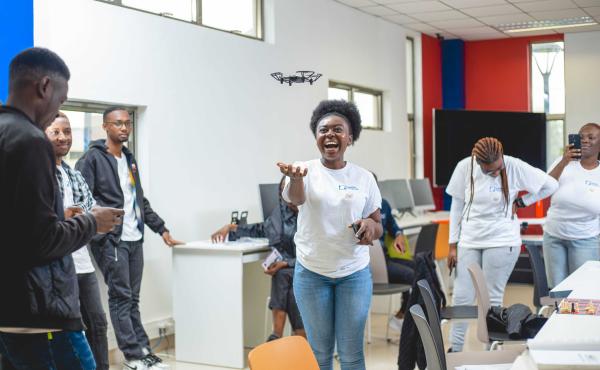
Technology Solutions
We implement collaborative and innovative programs with local experts for climate action, disaster, agriculture, STEM/Youth, entrepreneurship and more. Learn More
Recent Articles

July 10, 2025
Haiti Flying Labs shares how the situation in their country has affected their spirits and their work, and what keeps them keeping on regardless.

The “We” in WeRobotics: Celebrating Gilles and Uyangaa
July 2, 2025
We bid farewell to cherished members of our team and hear from them what the journey has been like.
Get Involved
Transforming traditional and established systems is not an easy task. It's a collective and collaborative effort. Learn more on the many ways you can partner with us.
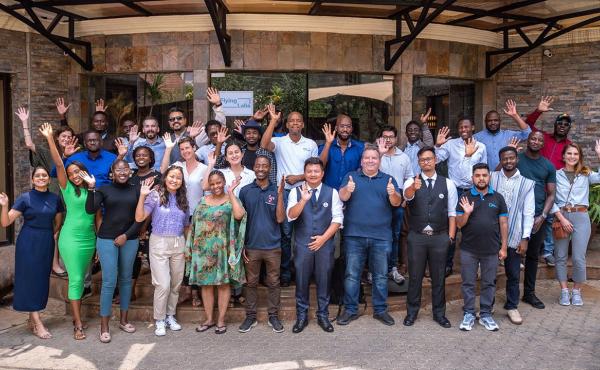
Join the Network
Learn more on how to create a Flying Labs in your country, become part of an existing Flying Labs and support the Network with your expertise. Learn More
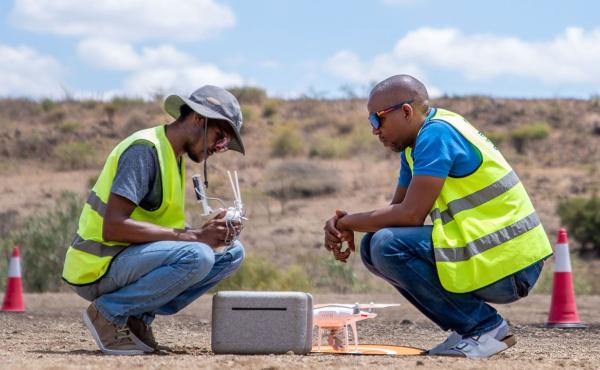
Partner with Us
Are you a funder, donor, technology company or social good organization? Learn more on the many ways we can collaborate, partner and join forces for the Power of Local. Learn More
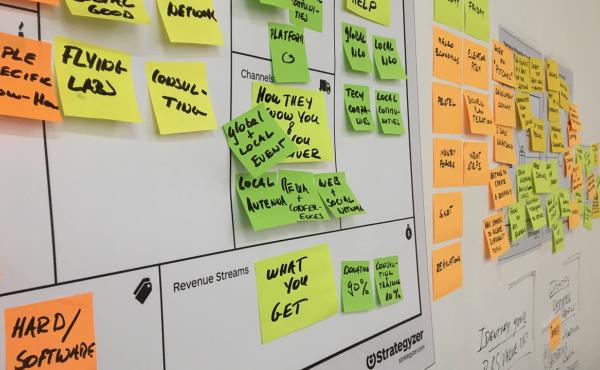
Adopt our Model
Are you an INGO that is motivated to localize with a bottom-up approach? Are you a local non-profit or social enterprise and you want to scale your solution globally? Learn More
Donors & Partners
Partners and donors are essential to our collective success. They enable us to expand our impact and scale our mission. Discover a selection of our partners and donors.



